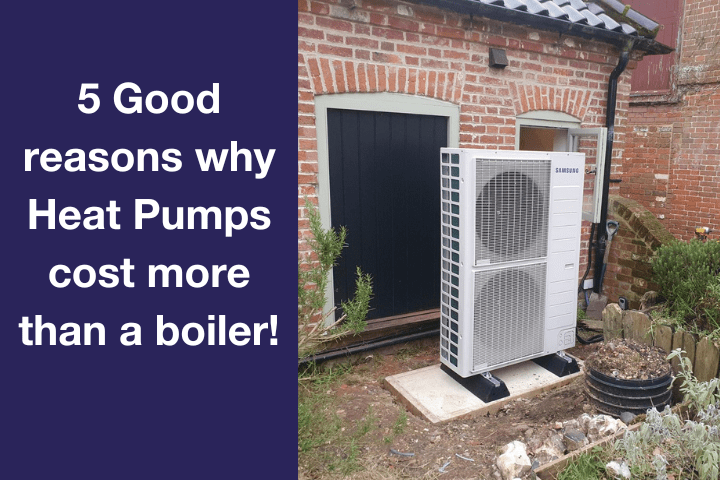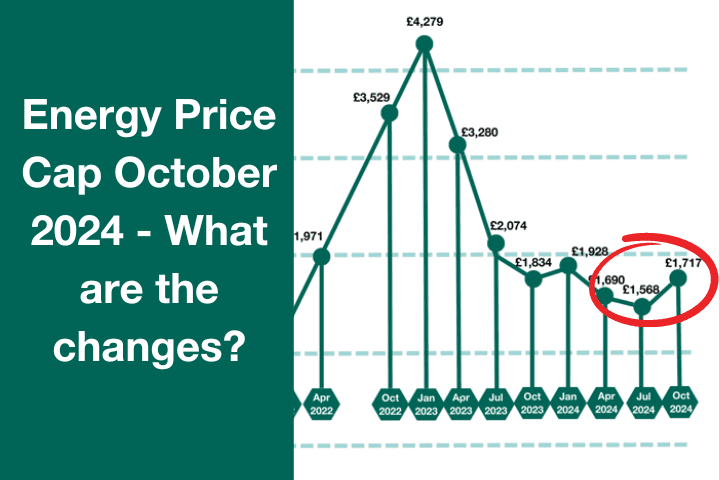How do solar panels work? – A quick guide
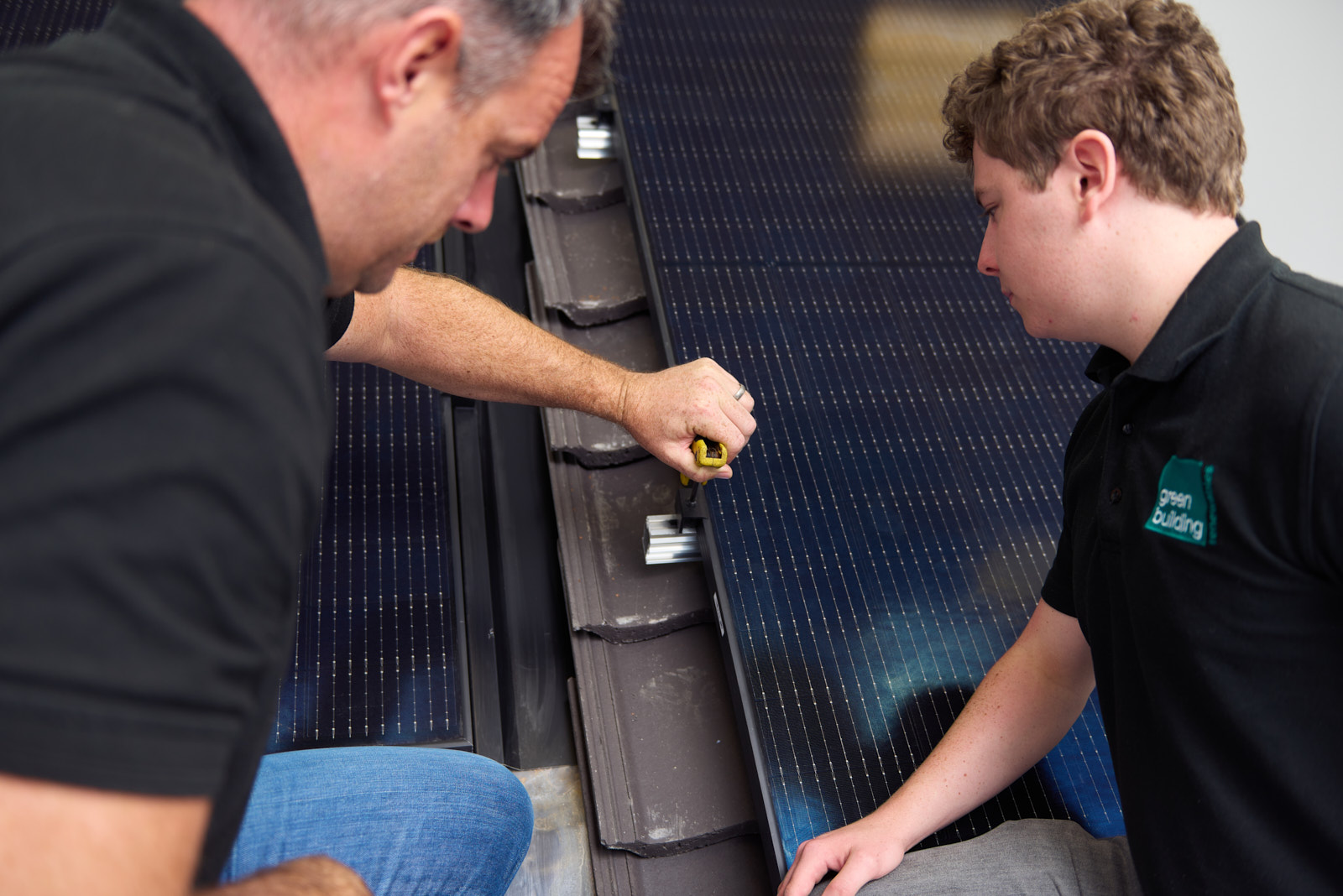
If you’ve been thinking about the idea of harnessing solar power to reduce your energy bills and lessen your environmental impact, you’re on the right track. In this introductory blog, we will guide you through the basics of solar panel technology and the potential benefits it can bring to your home or business. Whether you’re a homeowner or a business owner, this information will provide you with valuable insights into this eco-friendly energy solution.
Table of Contents
How do solar panels work?
Solar panels are constructed using photovoltaic cells, which are nestled between layers of semiconducting materials, typically silicon. These panels have a remarkable ability to convert sunlight into electricity, and the process is both straightforward and highly efficient.
Here’s how it happens:
Solar panels are installed on the outside of your roof, where they can capture sunlight directly. A south facing roof will attract the most solar gain throughout the year, but a roof facing east or west would be also be suitable for an installation.
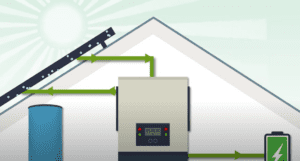
These panels generate direct current (DC) electricity from the sun’s energy.
An inverter is used to convert the DC electricity into alternating current (AC), which is the type of electricity used in most households.
The AC electricity produced by the solar panels can then power your home’s electrical appliances, lighting, and equipment, reducing your dependence on the national grid.
By using solar panels, you contribute to a cleaner environment and reduce your energy bills by generating your electricity.
Solar batteries
In addition to solar panels, you can consider investing in a solar battery, which offers several advantages:
A solar battery allows you to store excess electricity generated by your solar panels for later use.
This stored energy can be utilized during the night or on cloudy days when your solar panels may not produce as much electricity.
You can also choose to sell surplus energy back to the national grid – although we recommend using it for your needs, as reselling rates are often less financially attractive.
The decision to invest in a solar battery can be made when you have your solar panels installed or at a later date, depending on your energy needs and budget.
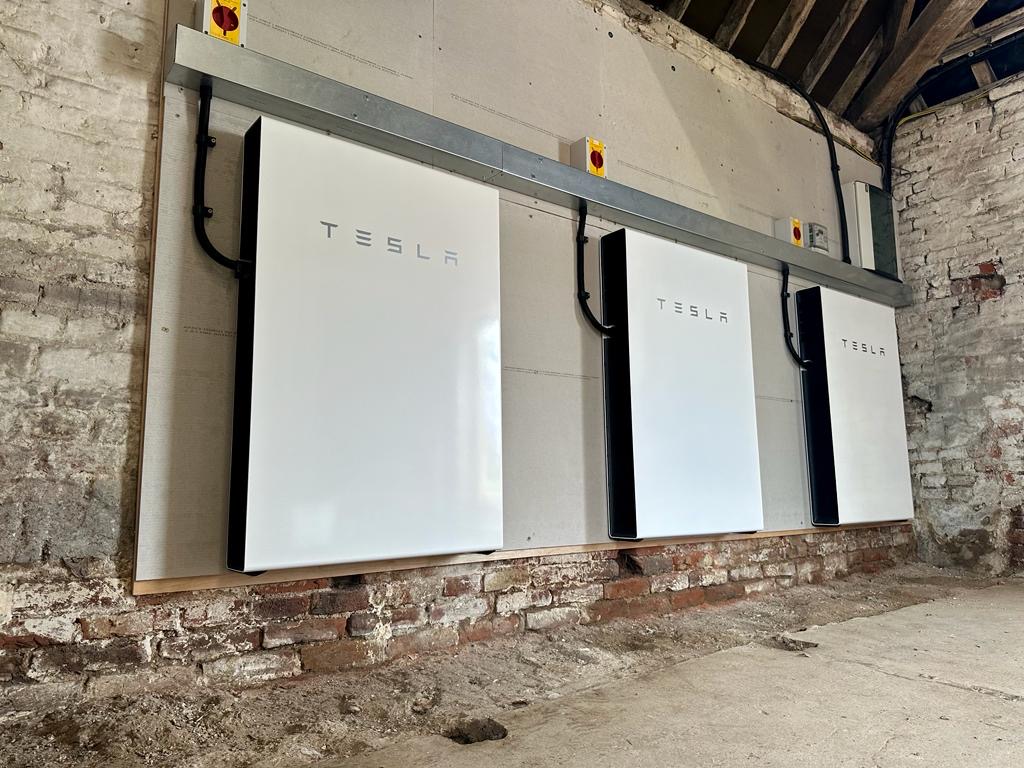
Estimated energy savings with solar panels
If you’re curious about the potential cost savings and benefits of solar panels for your specific situation, consider using our solar panel calculator. This tool will provide you with estimates of energy savings, both with and without a solar battery, tailored to your unique requirements
Conclusion
Embracing solar panels and other renewable energy solutions not only helps you reduce your environmental impact but also leads to substantial long-term savings on your energy bills.
Whether you’re considering residential solar panels or implementing renewable energy solutions for your business, the journey starts with understanding how solar panels work and the potential benefits they offer.
At Green Building Renewables, we have a long history of helping homeowners and businesses make the switch from old-school energy sources to cleaner, greener solutions. Our team of experts knows the ins and outs of all things sustainable, from solar panels and solar panel batteries to air source heat pumps, ground source heat pumps, and even electric vehicle (EV) charging points. We’re here to guide you in making the right choice and ensure your installation meets your needs.
In our upcoming blogs, we’ll delve deeper into the costs associated with solar panels and provide more details on the financial aspects of your green energy journey. Stay tuned for more insights on your path to sustainable energy!


